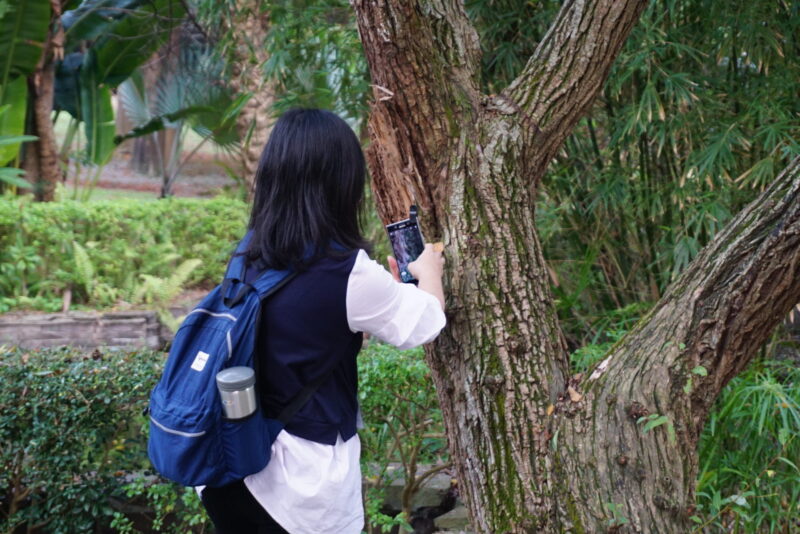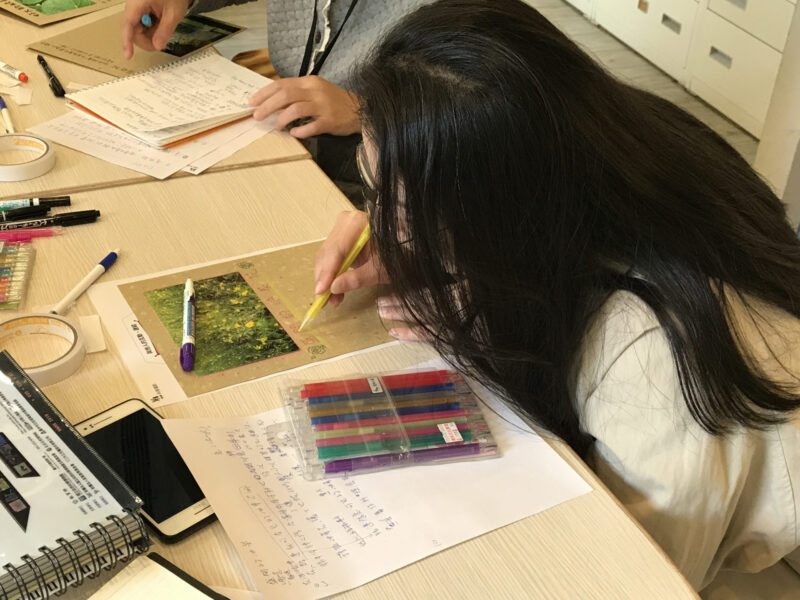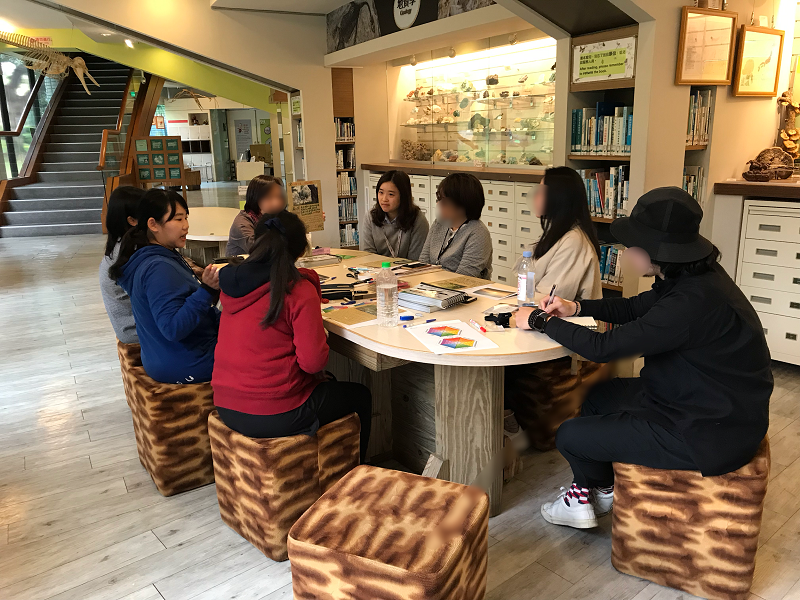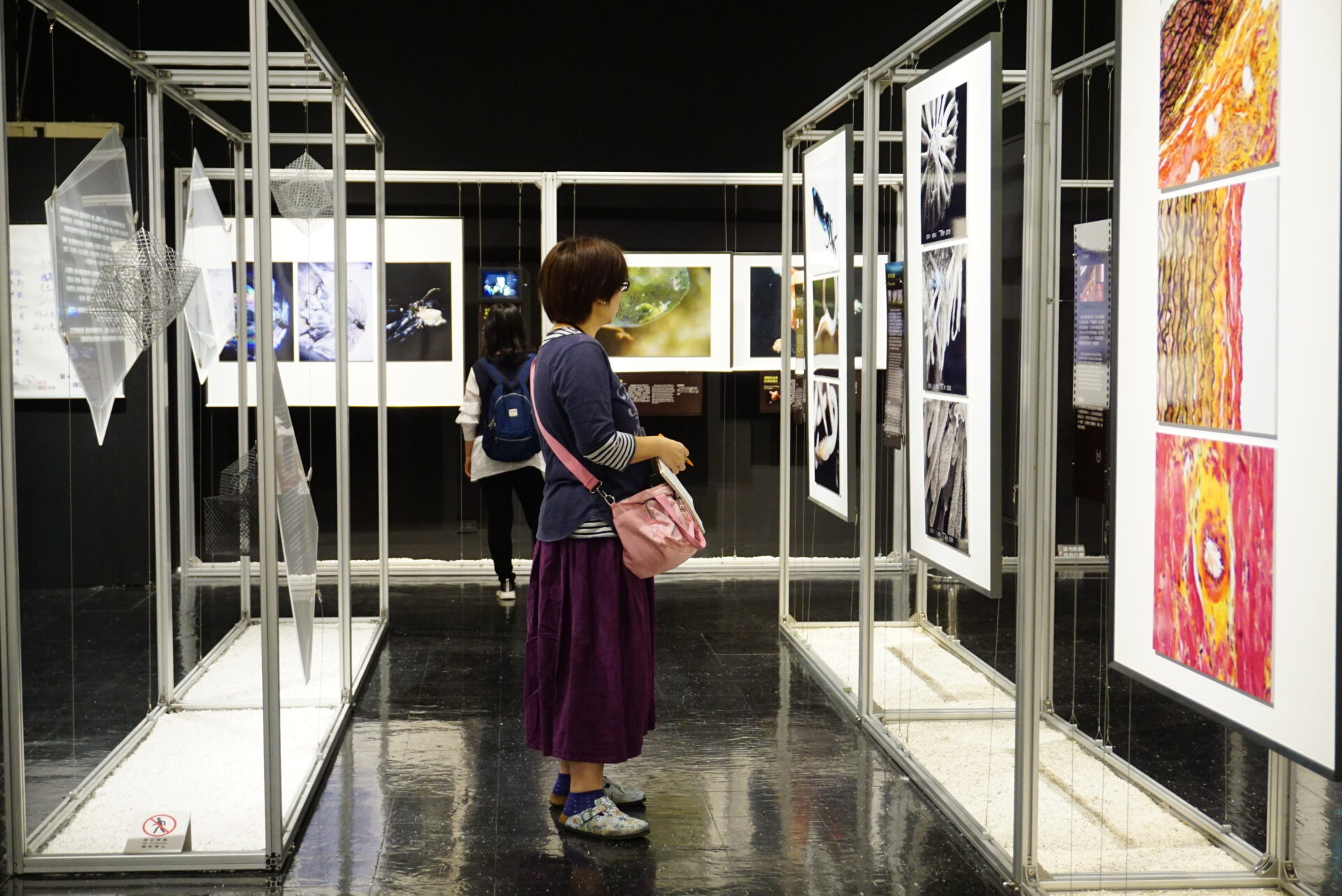【Museums Link Asia-Pacific】Come and Relax at Museums! Potential of Museums Joining Social Mental Health System
“Visiting museums” is listed as a treatment psychiatrist prescribe in places such as the US and Canada. (photo by Hsieh Wen-Hsing)
Author/Photography: Hsieh Wen-Hsing (Science Education Department of National Museum of Natural Science)
*The article is translated from “博物之島 Museum Island", a website introducing museums in Taiwan and worldwide.
Modern society changes rapidly and people are thus under enormous pressure. Psychological diseases such as depression, anxiety, panic disorder, and schizophrenia became familiar terms to the public. Discussion regarding their causes and treatment have extended from individual physical and psychological aspects to social aspect. The UK is actively promoting its social prescription policy and many museums are also investing in resources to focus on mental health issues, hoping that measures such as art therapy and leisure therapy are helpful for easing the symptoms of people with mental disabilities and assisting them to reconnect with society.
Bristol Museums launched the Art Shed Project in 2016, providing art workshops to people with low-level mental health issues (e.g. depression, anxiety, etc.) on Mondays when the museum is closed to the public. Art Shed integrates museum displays and collection into teaching participants new techniques such as printmaking and paper folding and encourage them to create artworks. Evaluation showed that participants’ mood had increased during the workshops and that participants felt more positive and more energetic. Participant themselves also pointed out that they felt reconnected with society and that the activities mitigated the feeling of isolation brought by depression, allowing them to enter the real world.
Manchester Art Gallery launched the Mindful Museum, guiding people with mental disabilities to appreciate art using mindfulness techniques. Participants are taught to be mindful in the moment and to engage fully with art. By doing so, they are able to increase their self-awareness. Some participants said that mindfulness became an important tool for them to deal with depression and is helpful for relieving stress. (Further reading: “Practice Mindfulness to Relieve Stress at Museums”, Museum Island)
This year, National Museum of Natural Science (NMNS), for the first time, launched a series of “Therapeutic Bar” activities under the theme of “depression”, hoping to help people with depression relieve their low spirits. Among the activities, “Self-Exploration Practice: Scientific Photography” targets people with persistent depressive disorder and arranged activities such as scientific photography exhibition visits, photography workshops, and group discussions led by counseling psychologists to guide participants to explore themselves, to express their current life and moods through photography, and to build confidence through learning new things. Most participants said that they are more self-aware and are better at connecting and interacting with people.


British Thinktank New Economics Foundation proposed “Five Ways to Wellbeing” in 2008, which are to connect, be active, take notice, keeping learning, and give. Studies have shown that these methods are helpful for increasing people’s level of mental health and their sense of happiness. Museums house rich and diverse resources. Through exhibitions and educational activities, they can be a place where people connect with the society, actively participate and engage in activities, practice observation and exploration, and learn new things. In addition, through public participation projects (e.g., volunteering service), museums can also be a place where people share their knowledge and passion. All in all, if museums work with medical or counseling agencies, they can not only be of great help to people with mental disabilities, but also promote the concept of mental health to the public. Museums have great potential to be an important part of the social mental health system in the future.

References:
- Bristol Museums, White, Art Shed: Museum as medicine
- Manchester Art Gallery, The Mindful Museum
- New Economics Foundation, Aked&Thompson, Five Ways to Wellbeing: New Applications, New Ways of Thinking
Further Reading:
- Heritage Fund, Five ways museums can improve mental health and wellbeing
- MuseumNext, Coates, Museums Joining the Mental Health Conversation

